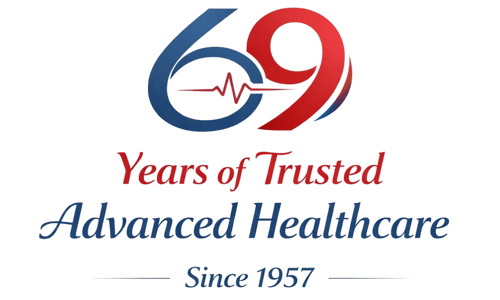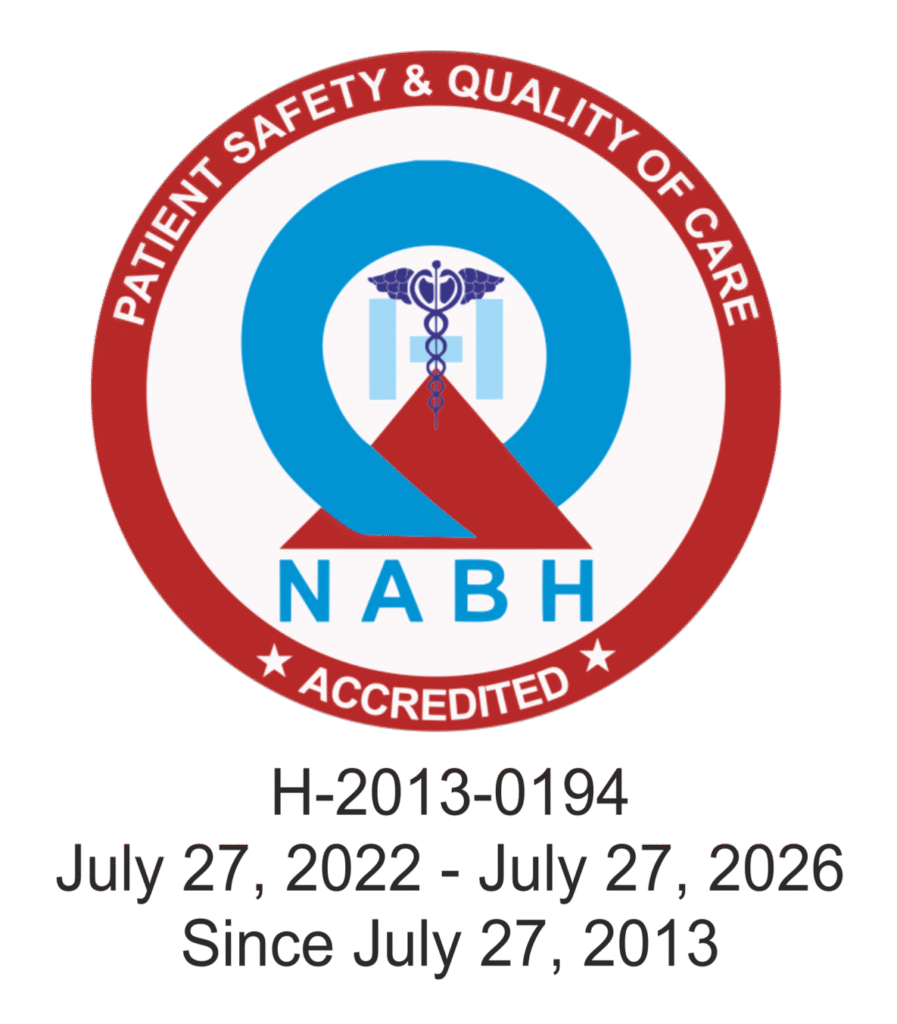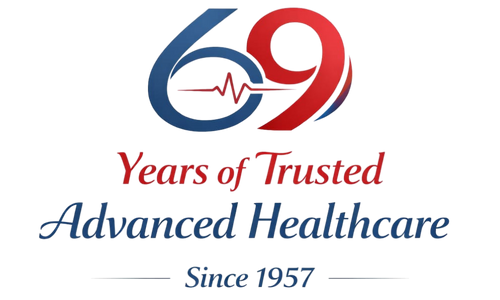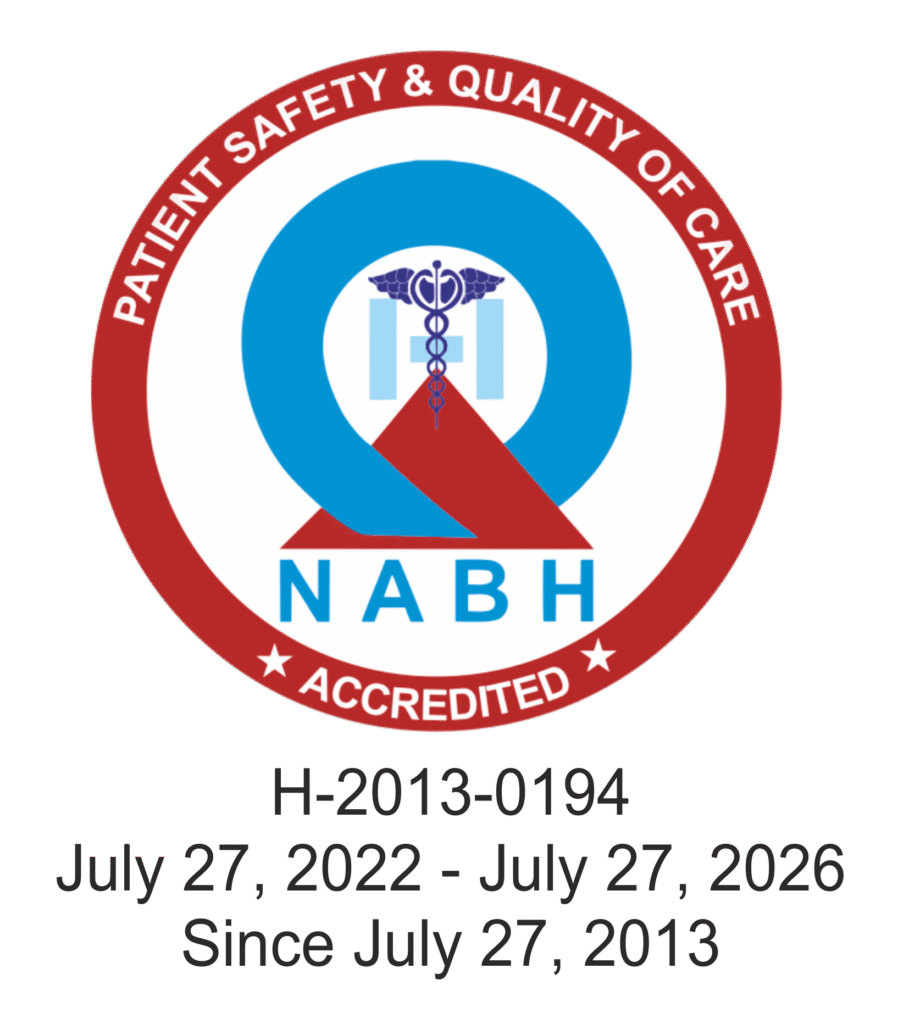
Elevating Emergency Care Through Advanced Medical Training
Emergency Medicine is an inter-disciplinary specialty, one which is interdependent with all other clinical disciplines. The overarching aim of the Emergency Medicine Programme (EMP) is to improve the safety and quality of care and reduce waiting times for patients in Emergency Departments (EDs)
At Vadamalayan Hospitals & PG Institute of Medical Sciences, the DNB Emergency Medicine program is designed to equip medical graduates with the broad field of knowledge and advanced procedural skills often including trauma resuscitation, advanced cardiac life support and advanced airway management.
Our DNB Emergency trainees will able to look after patients with a wide range of pathologies from the life-threatening to the self-limiting. They will be experts in identifying the critically ill and injured, providing safe and effective immediate care and also expert in resuscitation and skilled in the practical procedures needed.
| Courses Accredited with NBEMS (41217) | |||
|---|---|---|---|
| Course | Eligibility | Duration | Seats |
| DNB Emergency Medicine | Post MBBS | 3 Years | 2 Seats |
Introduction to Emergency Medicine
Emergency Medicine (EM) is a vital specialty which provides an essential service for patients and communities and fulfils a unique and crucial remit within the national healthcare system. International Federation for Emergency Medicine defines Emergency Medicine (EM) as a field of practice based on the knowledge and skills required for the prevention, diagnosis and management of acute and urgent aspects of illness and injury affecting patients of all age groups with a full spectrum of undifferentiated physical and behavioral disorders. It further encompasses an understanding of the development of pre-hospital and in-hospital emergency medical systems and the skills necessary for this development.
Eligibility DNB Course:
To get admitted to a DNB (Diplomate of National Board) course, candidates need to have an MBBS degree from a recognized institution and have completed a one-year internship. They must also qualify for the NEET-PG (National Eligibility cum Entrance Test for Post-Graduation) examination.
Admission is based on merit, determined by the NEET-PG score, and is followed by a centralized counseling process conducted by the National Board of Examinations in Medical Sciences (NBEMS).
- MBBS Degree: Candidates must possess a valid MBBS degree from a medical college recognized by the Medical Council of India (now part of the National Medical Commission).
- Internship: Completion of the mandatory one-year internship is required.
- Registration: You need a permanent or provisional registration certificate of MBBS qualification from the NMC or a State Medical Council.
- NEET-PG Qualification: Candidates need to qualify for the NEET-PG examination conducted by the NBEMS.
Eligibility DNB Post Diploma Course:
To be eligible for a Post Diploma (DNB Post Diploma) course through NBEMS, candidates need to possess a recognized Post Graduate Diploma in a relevant specialty, have passed their final diploma exam on or before the specified date, and hold a permanent MBBS registration. Additionally, they must have appeared in the DNB PDCET exam and the diploma qualification needs to be recognized by the NMC Act.
- Recognized Post Graduate Diploma: Candidates must possess a Post Graduate Diploma in a specialty recognized as per the provisions of the NMC Act, 2019 and the repealed Indian Medical Council Act, 1956.
- Qualification: The candidate needs to have qualified for the final examination of the Post Graduate Diploma on or before the specified date as per NBEMS, and a pass certificate or provisional pass certificate is required.
- MBBS Registration: Candidates must have a permanent registration certificate for their MBBS qualification issued by the MCI/State Medical Council.
- DNB PDCET: Candidates need to have appeared in the DNB PDCET (Post Diploma Common Entrance Test).
Admission Process:
- NEET-PG / PDCET: The first step is to appear for the NEET-PG / PDCET exam.
- Centralized Counseling: NBEMS conducts a centralized counseling process based on merit (NEET-PG scores / PDCET Scores).
- Choice Filling: Candidates indicate their preferred institutions/hospitals during the counseling process.
- Seat Allocation: Seats are allocated based on merit and choices submitted by candidates.
- Reporting: Selected candidates need to report to the allotted institution and complete the admission formalities.
- Registration: Upon admission, candidates are registered with the NBEMS as DNB / Diploma trainees.
| Programme Goal |
The goal of the training program is to produce Emergency Physicians with the necessary knowledge, skill and attitude to diagnose and manage a wide range of clinical problems in Emergency Medicine as seen in the community or in secondary/tertiary care setting in an effective manner. The qualities to be absolutely necessary:
|
|---|---|
| Programme Objectives: Knowledge & Skills |
As a result of the training under this program, at the end of 3 years of postgraduate training, a resident must acquire the following knowledge, skills and competencies: a) A thorough knowledge of pathological abnormalities, clinical manifestations, and principles of management of a large variety of medical and surgical emergencies of pediatrics, adults and geriatrics, affecting any organ system. b) Skill and competence to choose and interpret correctly the results of the various routine investigations necessary for proper management of the patient. While ordering these investigations, a resident must be able to understand the sensitivity, specificity and the predictive value of the proposed investigation, as well as its cost- effectiveness in the management of the patient. c) Skill and competence in emergency interventions like end tracheal intubations, needle cricothyrotomy, tracheostomy, needle thoracocentesis, Intercostal drain placement, pericardiocentesis, defibrillation, mechanical ventilation, hemodialysis, ultrasonography, Echo so on and so forth. d) Skills and competence to perform commonly used diagnostic procedures, namely, lumbar puncture, bone marrow aspiration/biopsy, liver/nerve/muscle/ skin/ kidney/ pleural biopsy, fine needle aspiration cytology of palpable lumps, pleural/pericardial/abdominal/joint fluid aspiration. e) Skill and competence to choose and interpret correctly the results of specialized investigations including radiologic, ultra-sonographic, biochemical, hemodynamic, electro-cardio graphic, electrophysiological, pulmonary functional, hematological, immunological, nuclear isotope scanning and arterial blood gas analysis results. f) Skill and competence to provide consultation to other medical and surgical specialties and sub-specialties, whenever needed. g) Skill and competence to function effectively in varied clinical settings, namely emergency/critical care, ambulatory care, out-patient clinic, inpatient wards. h) Skill and competence to take sound decisions regarding hospitalization, or timely referral to other consultants of various medical sub specialties recognizing his limitations in knowledge and skills in these areas. i) Proficiency in selecting correct drug combinations for different clinical problems with thorough knowledge of their pharmacological effects, side effects, interactions with the other drugs, alteration of their metabolism in different clinical situations, including that in the elderly. j) Skill and competence to advise on the preventive, restorative and rehabilitative aspects including those in the elderly, so as to be able to counsel the patient correctly after recovery from an acute or chronic illness. k) Skill and competence to understand research methodology in Emergency medicine and to undertake a critical appraisal of the literature published in various emergency medical journals and be able to apply the same in the setting in which the resident is working. l) Skill and competence to work cohesively in Resuscitation team along with paramedical personnel, maintain discipline and healthy interaction with the colleagues. m) Skill and competence to communicate clearly and consciously, and teach other junior residents, medical students, nurses and other paramedical staff, the theory as well as the practical clinical skills required for the practice of Emergency Medicine. |
| Integration | The entire educational program will be conducted in an integrated and co-ordinated manner in association with various pre-clinical, para-clinical and clinical departments. The senior staff members of these departments will be requested to give lectures on various topics in relation with Emergency medicine, and focus on applied aspects. |
Our Doctors
What is DNB Emergency Medicine?
Diplomate of National Board (DNB) in Emergency Medicine is a postgraduate medical qualification awarded by the National Board of Examinations (NBE). This program trains doctors in the management of emergency cases, critical illnesses, trauma, and disaster situations with evidence-based and protocol-driven practices.

If you have questions, feel free to reach out
To apply for the DNB Emergency Medicine program at Vadamalayan Hospitals, candidates must have completed their MBBS from an MCI/NMC-recognized institution and must have qualified in the NEET-PG examination. Selection is based on merit as per NBE guidelines.
Yes, Vadamalayan Hospitals is a NBE-accredited training center offering structured, hands-on DNB Emergency Medicine programs under the supervision of experienced faculty, supported by a fully equipped NABH-accredited multi-specialty hospital.
Graduates can pursue careers as Emergency Medicine Specialists, Trauma Care Consultants, or ICU Physicians in leading hospitals across India and abroad. The program also opens doors for fellowships, academic roles, and global emergency care opportunities.




